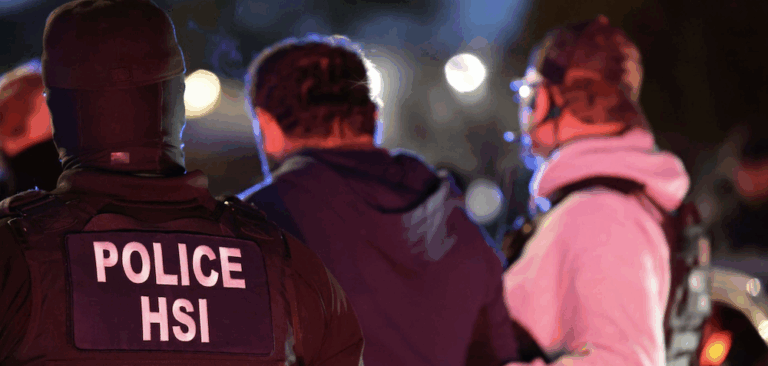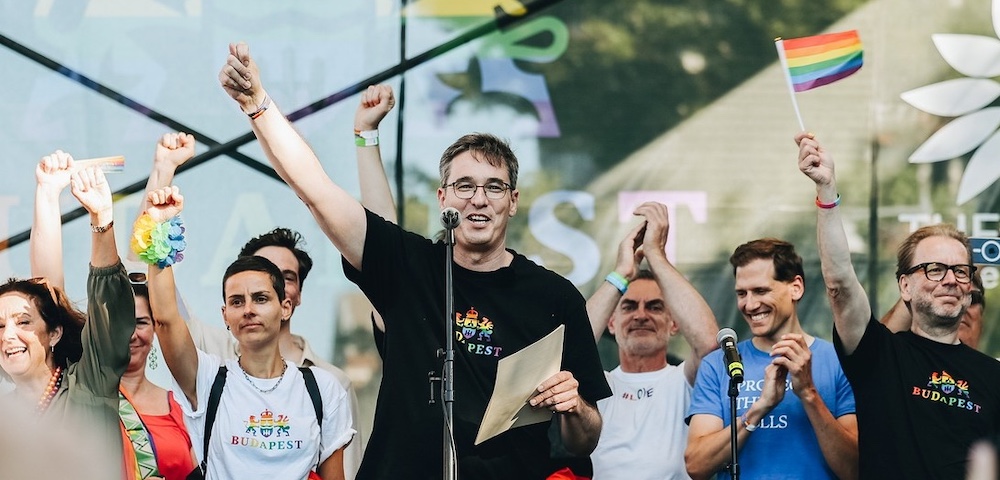
Are dating apps revealing more about you than you think?

THE very technology that allows users of mobile phone apps, like Grindr and Scruff, to know their proximity to possible hookups could be hacked to reveal their precise location down to the nearest park bench, US researchers have said.
The information could lead to users been stalked, harassed or even persecuted and the revelation has already prompted Grindr to take action in countries where homosexuality is taboo or illegal.
But a computing expert has told the Star Observer that just by taking a few steps Australians could preserve their privacy online.
While many apps allow users to reveal their distance from others, their precise location is still effectively hidden as that distance could be in any direction.
However, Colby Moore and Patrick Wardle from US cybersecurity firm Synack said they were able to assess the precise location of users.
The researchers set up an account and then requested Grindr’s servers show them how far away they were from other users from three hoax positions.
Known as trilateration, where the three possible distances overlapped was the location of that particular user.
At their talk at the Schmoocon security conference held in Washington DC earlier this month, the pair claimed to have found the location of no less than 15,000 Grindr users in San Francisco and had managed to track the daily habits, and even uncover the identities, of a number of people using Grindr and social media.
“Using the framework we developed, we were able to correlate identities very easily,” Moore told IT news service Ars Technica.
“Most users on the application share lots and lots of additional personal details such as race, height, weight, and a photo.”
Of particular concern were users of gay apps in countries where gay men are persecuted.
Egyptian publication Cairo Source claimed authorities were using similar methods, as well as the personal details of users revealed, to track gay people on Grindr.
In September, after being alerted about the ability to find users, Grindr turned off the location function in a number of countries including Russia, Sudan and Egypt.
However, the company has so far resisted taking measures to conceal the location of users in countries such as the US or Australia.
In a statement to the Star Observer, Grindr said: “We will continue to evolve and improve the operation of the application based on considerations of security and functionality and provide our users the tools and information they need to make informed decisions about the use of the Grindr application”.
The company said they encouraged users who had concerns about location privacy “to disable the sharing of his distance in Grindr settings”.
However, the Synack research highlighted that simply hiding a person’s distance does nothing to stop those with some IT knowledge to discover a user’s location.
In the wake of Tinder now only detailing the location of users to the nearest half mile, Moore questioned why a “rounding error” couldn’t be introduced in Grindr profiles to make the position of users less exact.
Senior lecturer in electrical and computer engineering at Melbourne’s RMIT University, Dr Mark Gregory, told the Star Observer that depending on the app, it was “very feasible” that an individual’s location could be discovered.
He also said app and social media users willingly handed over personal information and were “ticking T&Cs without understanding what [companies] were going to use that information for”.
“They want carte blanche access to everything on your phone and they don’t need it,” Gregory said.
He added that the easiest way to lessen the likelihood of your position being found, and to prevent your personal information being accessed, was to turn off location services on your phone – rather than the app – except when you absolutely needed it.
“I only turn it on for Google Maps and turn it off straight afterwards,” he said.
Gregory said anti-virus software on phones could also be configured to enable users to access apps that want personal information but then prevent that data from being transmitted.











I agree Dev. The GPS technology isn’t brilliant. The apps security needs improving but in Australia at least, I’m not fearing stalkers and the like ( tho some of the guys off grindr I’d be happy if he did stalk me lol)
Grindr gps often puts me 30km away from location, and I can be sitting talking to a friend and grindr shows us 2km apart. Yeah come find me people
Anyone so interested in my exact location needs to get a real fucken life, least alone a decent good fuck.
These apps do need very tight security.